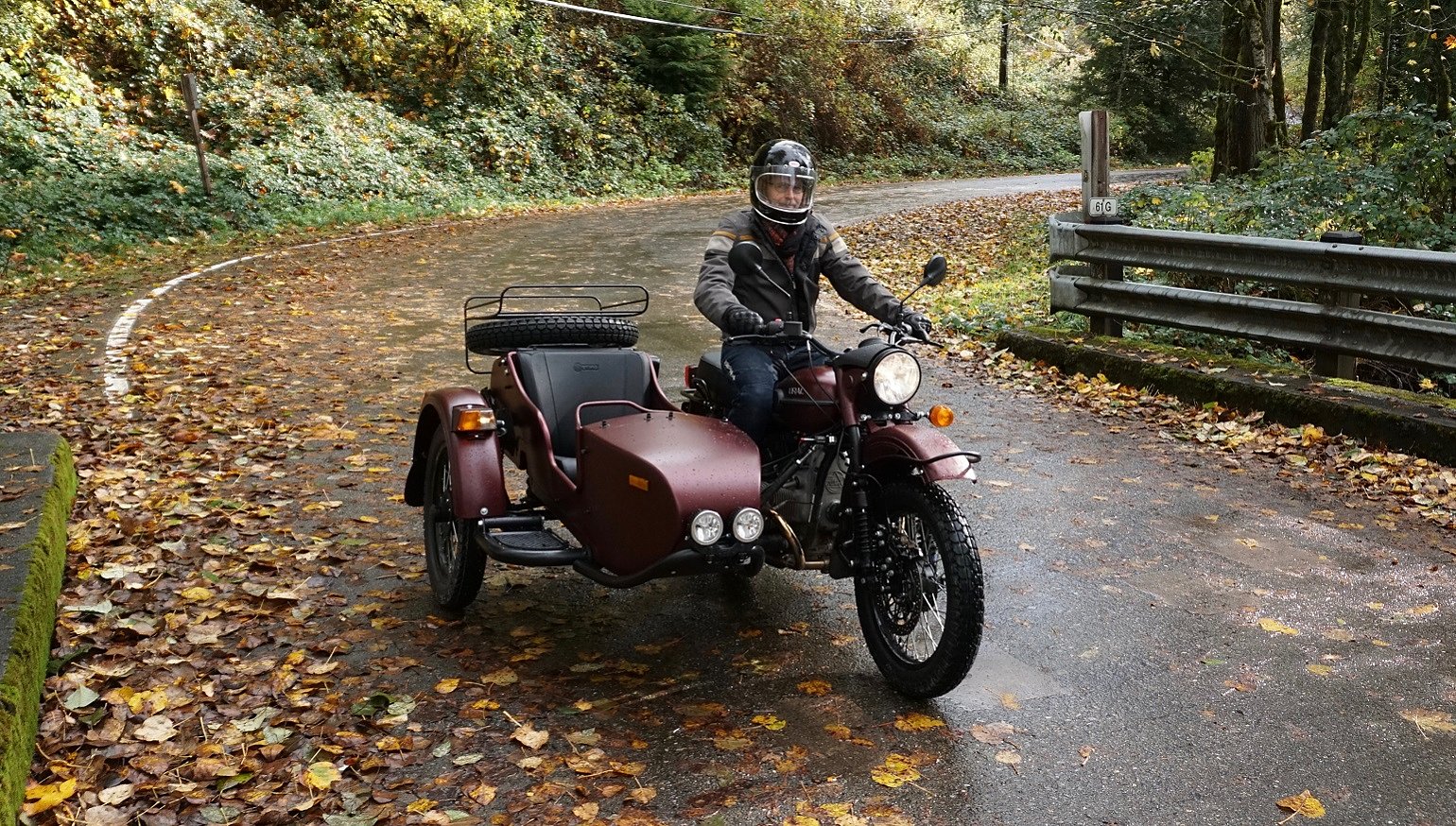After 80 years of operations in Russia, Ural Motorcycles is finishing up the major project of moving its production of motorcycles and sidecars to a new facility in Kazakhstan, a move made necessary by Russia's invasion of Ukraine.
As we reported back in March, not long after the invasion began, no company in the motorcycle industry stood to lose more than Ural Motorcycles, with its factory in Russia and global headquarters in the United States. International sanctions and supply chain disruptions interrupted the company's production of motorcycles and there was also the ominous possibility of backlash from the Russian government because Ural openly opposed the war.
The new facility is in Petropavl, just across the border from Russia in northern Kazakhstan, and less than 400 miles from the old factory in Irbit. For at least a while, the Irbit factory will still produce some of the parts, especially ones Ural makes in house, such as crankshafts, as well as painted parts, and will ship them to the new plant, Ural Motorcycles CEO Ilya Khait said in a video posted last month on YouTube. Assembly of vehicles will take place in Kazakhstan and suppliers from abroad will no longer have to deal with the complications of shipping to Russia.
This week, Ural posted a brief video clip of the first motorcycle and sidecar unit assembled at the new facility.
We did it again!! First Ural from the new assembly in 🇰🇿 We keep on going✌️ pic.twitter.com/Q5TI9MtXzg
— Ural Motorcycles (@uralmotorcycles) July 23, 2022
Motorcycles are currently being assembled at the new plant in "test mode," said Madina Merzhoeva, Vice President of Marketing and International Sales at Ural Motorcycles. "We will resume shipments of motorcycles to the customers early August," she added. "The rate of assembly will gradually pick up and we expect the new factory to become fully operational sometime end of September or middle of October."
Ural has been working to become more efficient in recent years by relying more on outside suppliers for parts, and most of the company's motorcycles are sold outside Russia, so international shipping is crucial to the company's business. Producing the motorcycles outside Russia eliminates the complications of international sanctions on Russian goods.
"Supply issues were among key reasons for us to decide to set up new assembly facilities in Kazakhstan," Merzhoeva said. "We were able to figure out new logistics and adapt our supply chain to the new situation. Components from our Asian and European suppliers are moving again, they are now coming directly to Kazakhstan. We expect some hiccups down the road, but currently it doesn’t look like there will be something major."
"The majority of the suppliers have been working with us for many years," CEO Khait said in the video. "We kept them informed of what's going on and what the plan is and they were patiently waiting for us to set up everything from a legal standpoint."
In the Soviet era, when Ural had no outside competition for its sidecar units, the company produced more than 100,000 vehicles some years. But that dropped rapidly after the fall of the Soviet Union. Today, Ural builds fewer than 2,000 motorcycles a year, making it a tiny niche player in the worldwide motorcycle industry.
Ural has always been a brand associated with Russia, and that still carries some risks that are difficult to calculate as the invasion of Ukraine drags on and Russia becomes more isolated. Merzhoeva said Ural was more concerned that consumers would worry that parts would not be available. The speed with which the new factory has been set up should eliminate those concerns, she said.
"As far as our associations with Russia — we don’t have much to say about it," said Merzhoeva. "We made our views on this war very clear on day one. Our decision to set up new assembly in a different country should speak volumes to anybody who cares to think critically. Everybody is free to draw their own conclusions and make decisions."
For those who think of Ural as a Russian brand, one characteristic often associated with Russian culture is the ability to survive tough times, and that's what Ural is trying to do now.
"We believe the world is a better place with Ural in it," Merzhoeva said.









